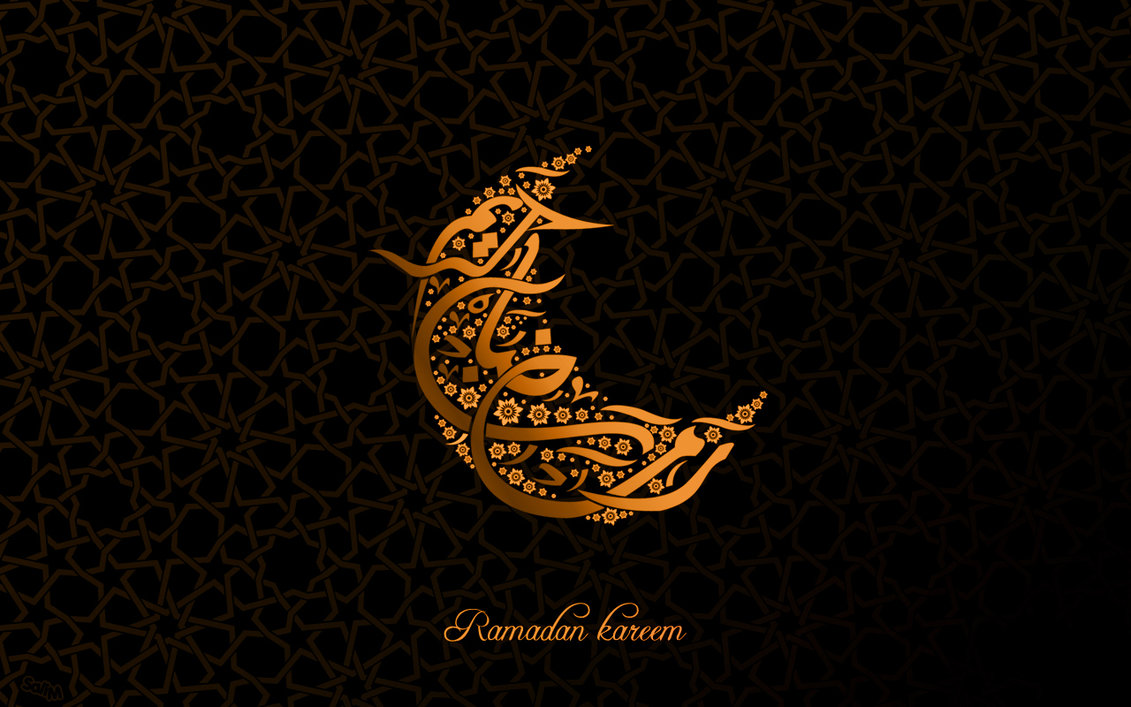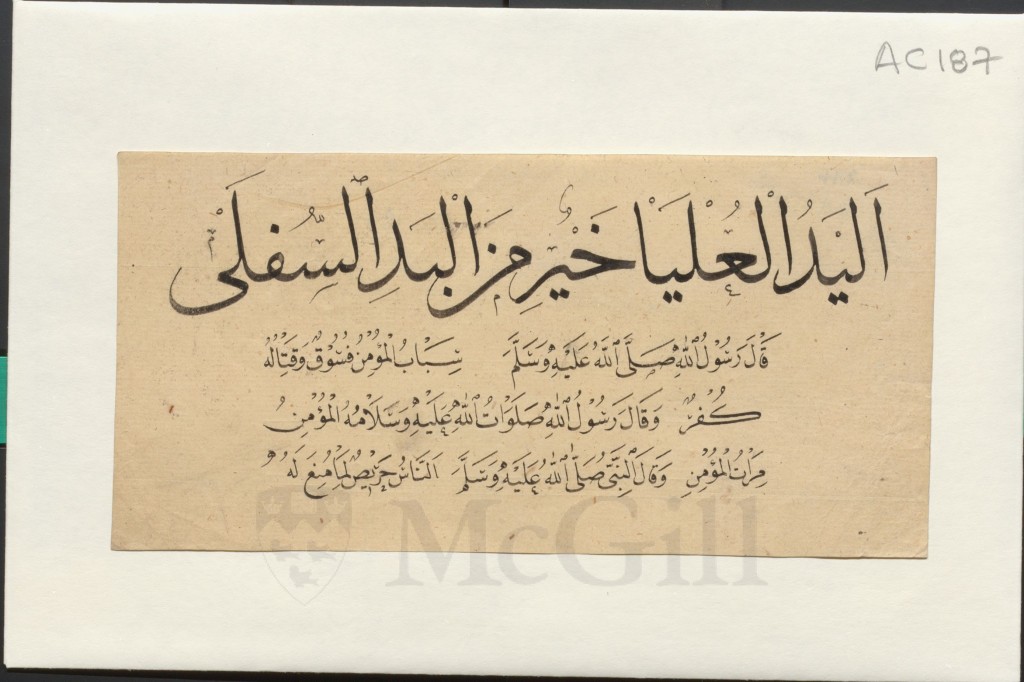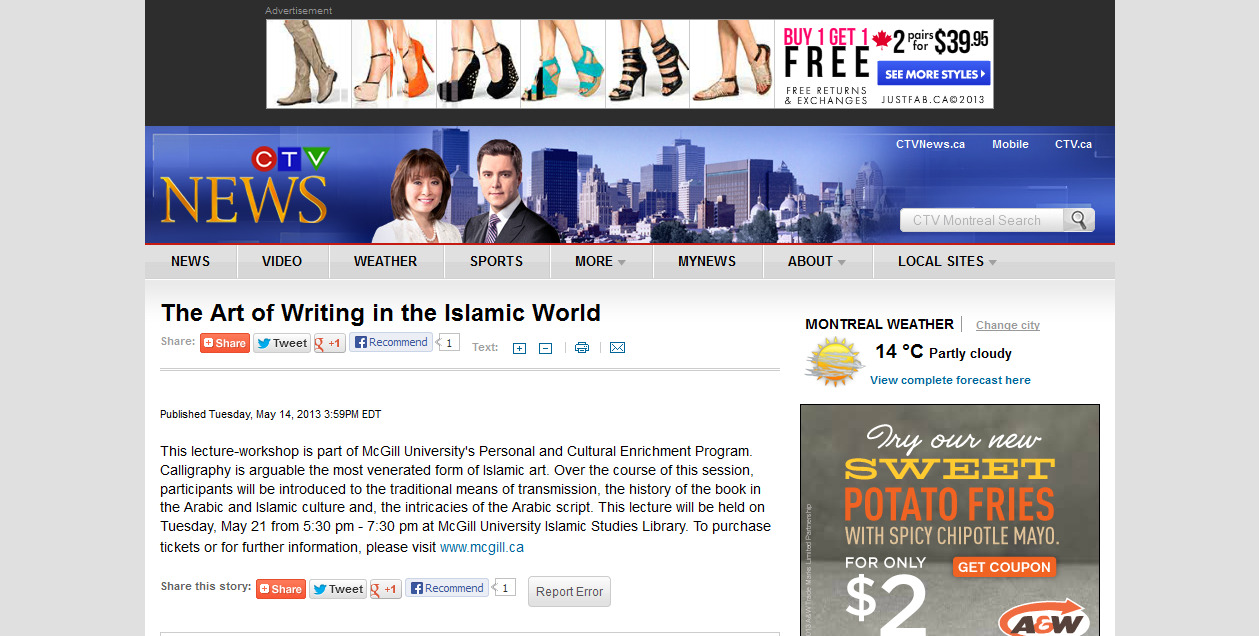May 20, 2013 marks the launch of global fund-raiser, T160K: Timbuktu Libraries in Exile.
A far cry from the fabled ends of the earth, Timbuktu, a small, northern enclave in the West African nation of Mali, is at the heart of a modern-day quest: to save the city’s many ancient libraries from destruction. Action must be taken immediately to preserve these ancient writings. Last year, after more than seven centuries in generational homes of dedicated safe-keepers, this collection of over 300,000 medieval manuscripts was suddenly caught in the middle of an ideological, territorial war. At great urgency and peril, a team of local stakeholders led by Abdel Kader Haidra and Dr. Stephanie Diakité conspired to rescue their beloved treasure.
This group of brave librarians, couriers and local Mali citizens risked everything to smuggle over 1,000 trunks of manuscripts by donkey cart, bicycle, on backs, and in boats, out of the city to new hideaways in other parts of the country. Not one document, not one person was lost during the evacuation.
Now that they are safely re-located away from the Sahara, the libraries have new enemies: humidity and tight quarters. This fatal combination could lead to devastation by mold and mildew. Most of these documents are made of rag paper and unstable inks, too fragile, even, to endure scanning digitization. The most immediate need is to re-package them in archival materials, index and re-secure them in their temporary sanctuaries. When it is again safe, they will be returned to their original guardians in Timbuktu.
Though the libraries are now secure from certain destruction by combatants in the war in Mali, a massive undertaking is required to prevent these exiled manuscripts from self-destructing. $7 million is needed to procure archival and storage materials and the labor necessary to preserve this priceless cultural heritage.
According to Dr. Diakité, “We saw the power of these libraries when people from all walks of life, whole villages, and speakers of every language in the region gave their time and effort, even under considerable risk, to help us evacuate them to the South. We believe that securing these manuscripts is a positive step towards a process of enduring peace and a reduced toll of human misery for this entire region.”
The rainy season is upon us. Every day counts.
For all Media inqueries / interview requests please contact:
Danielle Chiero – Public Relations
e: danielle@mtolympia.com
p: 360 878 9761




